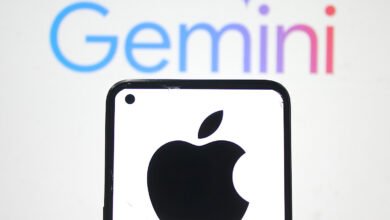Google’s AI Ambitions Clash with Search Regulation

▼ Summary
– A court order will require Google to scale back some aggressive tactics for promoting its search engine but won’t restrict its AI expansion efforts.
– Judge Mehta expressed concern that requiring manufacturers to install Gemini to access other Google apps would give Google unfair leverage, similar to past search distribution practices.
– Google contended that AI is an emerging market where it lacks monopoly power, comparing its bundling plans to Microsoft’s integration of CoPilot in Office products.
A federal court has ordered Google to scale back certain aggressive tactics used to promote its search engine, yet the tech giant continues to resist new limitations that could hinder its expansion into artificial intelligence. During a recent hearing in Washington, D.C., Google’s legal counsel argued against restrictions that would prevent bundling its Gemini AI application with widely used services like YouTube and Maps. Judge Amit Mehta raised concerns that such bundling could provide Google with unfair leverage, echoing earlier findings that the company used similar methods to dominate search distribution channels.
The hearing focused on finalizing remedies following Judge Mehta’s ruling that Google illegally monopolized the search market. While the court declined the Department of Justice’s more drastic proposals, such as requiring Google to spin off its Chrome browser, it did approve measures aimed at fostering competition. These include sharing certain search data with rivals and prohibiting exclusive distribution agreements for multiple Google products.
Google contended that the emerging AI sector should be treated differently, arguing that restrictions could stifle innovation in a rapidly evolving field. The company’s attorney, John Schmidtlein, compared potential bundling of Gemini with Microsoft’s integration of CoPilot into Office products. He emphasized that neither YouTube nor Maps constitute monopoly products, and insisted that Google has not yet attained monopoly power in the AI market. This legal battle underscores the tension between regulating established tech dominance and allowing room for growth in new technological frontiers.
(Source: The Verge)



